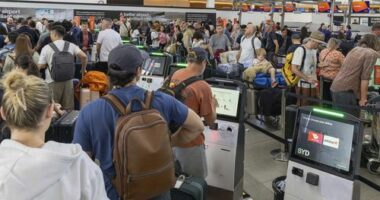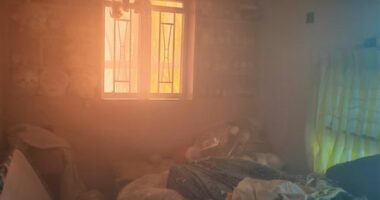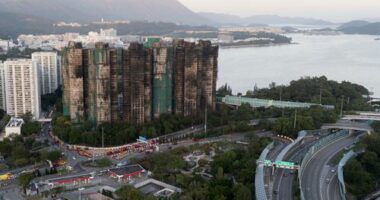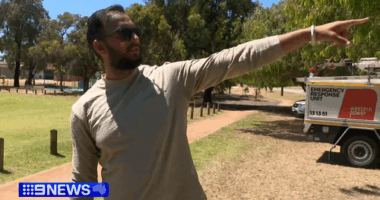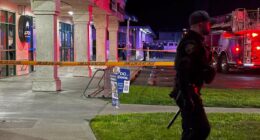Share this @internewscast.com
“Nothing remains for us except death.”
‘They’re dying daily’
However, the RSF has blocked food supplies, and sources informed Reuters that aid convoys attempting to reach the city were attacked. The prices of goods that traders manage to smuggle in are more than five times the national average cost.
The food accessible to civilians is meager. Some are forced to eat hay. Ambaz, which is the leftover from peanut oil typically used for animal feed, has now reportedly become the main food source. But there’s concern that even this is running out.
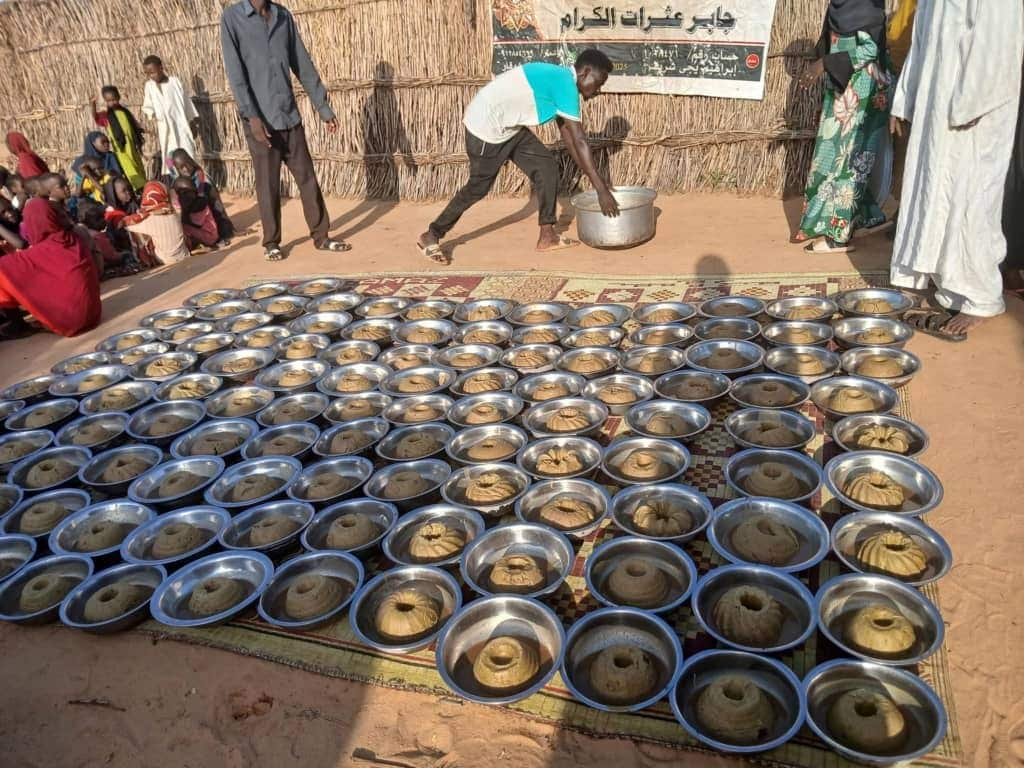
Ambaz, or the remnants of peanut oil, is usually used as pet food in Sudan. Now, amid famine, it has become the primary food source for civilians. Source: Supplied / Mohamed Dodah
Farhan Haq, deputy spokesperson for the United Nations’ secretary-general, said civilians in al-Fashir are at a breaking point. “Local sources say people are dying from hunger and malnutrition,” Haq told SBS News.
UNICEF estimates more than 330,000 people are facing malnutrition in the city of al-Fashir alone due to a total blockade of aid by RSF militants.
“These houses do not provide shelter or cover,” she said. “These children are not eating. Even the main meal is not available.”
What is happening in al-Fashir?
The army, its allies, and hundreds of thousands of al-Fashir residents, along with those displaced by previous attacks, are besieged. Many are in camps where monitors are already declaring famine.
“The entire Relief International staff has been killed, including the camp director and nine other employees. I discovered their bodies piled up, each shot in the head,” one individual reported.
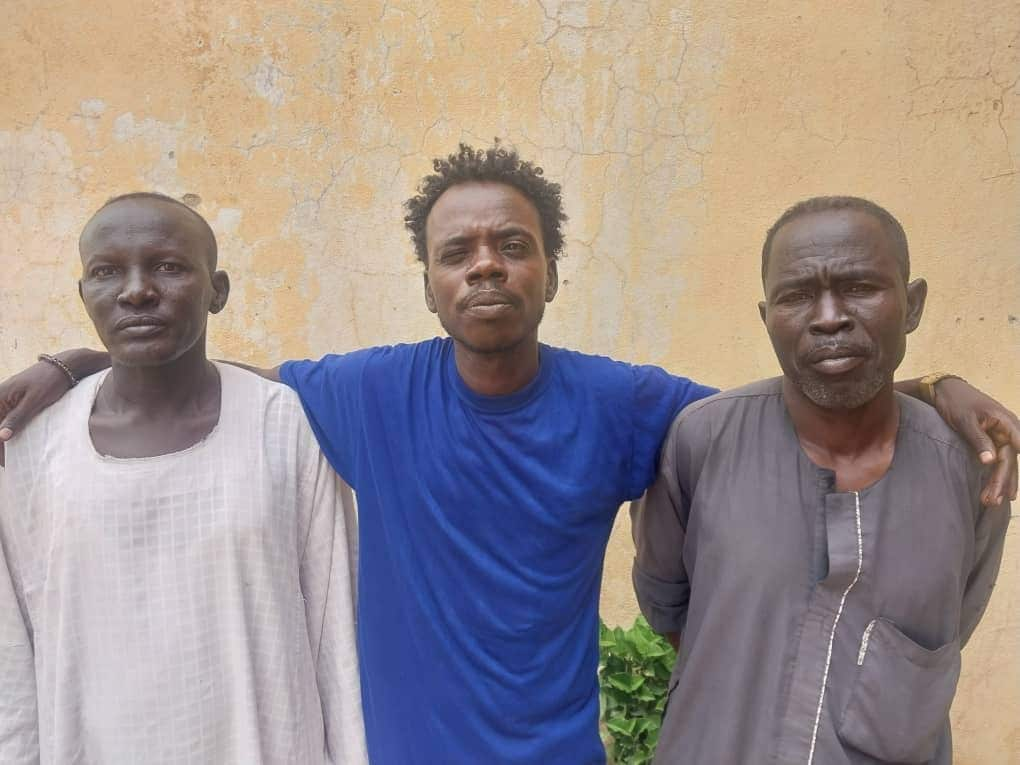
Mohamed Dodah (centre) fled to al-Fashir after the Rapid Support Forces raided his home in the Zamzam displacement camp. A new investigation estimates over 1,500 civilians were killed in the attack. Source: Supplied / Mohamed Dodah
Reports on the attack suggested up to 400 non-Arab civilians were killed during the three-day assault. The UN said “hundreds” of civilians, including 12 humanitarian workers, were killed.
“If they control al-Fashir, there will be killing and raping and kidnapping. Firstly, they will kill the leaders. They will catch me, [they will] put me in a prison — if not kill me,” he said.
No escape
“This is the norm. I say tell me more. What is happening? How are you feeling? He just tells me, we just survived another day. He sees it as, I just need to survive.”
“They’re just holding on for dear life.”
‘We are watching al-Fashir be murdered’
While both the military and the RSF have been accused of war crimes in the current conflict, several human rights groups, as well as the United States, say the paramilitary group has committed genocide in Darfur — a claim the militia denies. The RSF also denies committing genocide, saying it was not involved in what it describes as a “tribal conflict” in Darfur.

